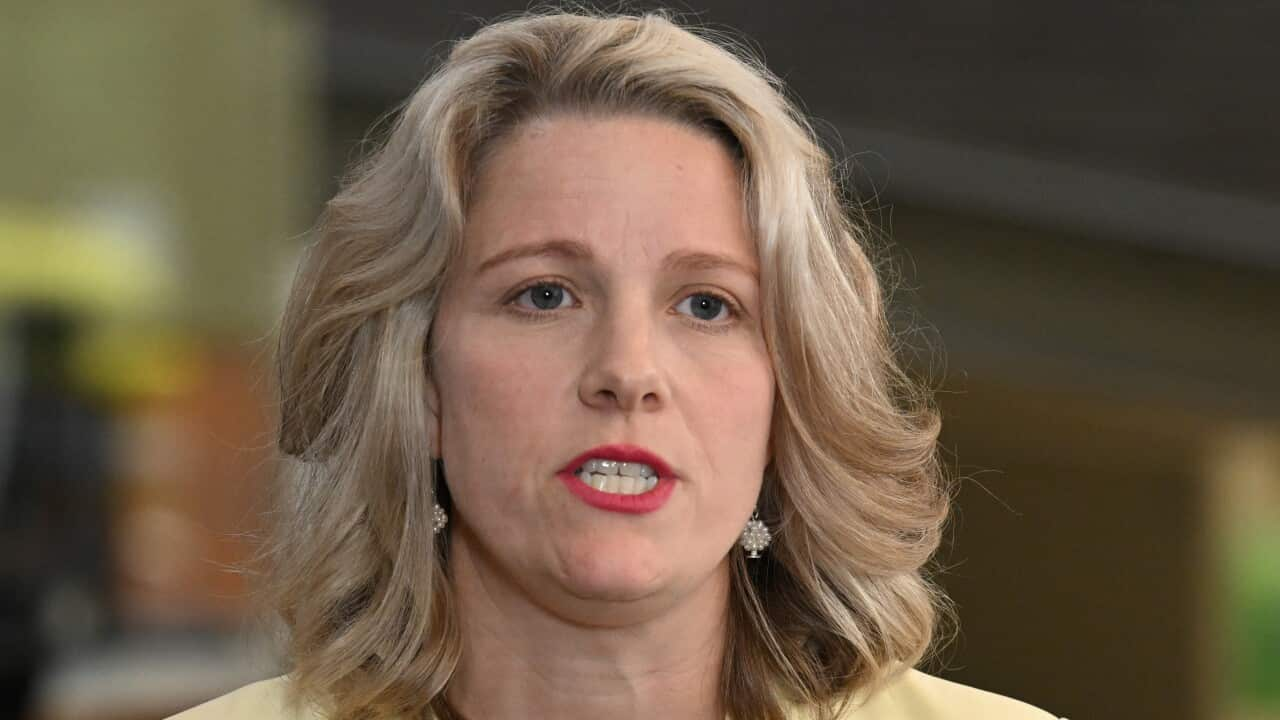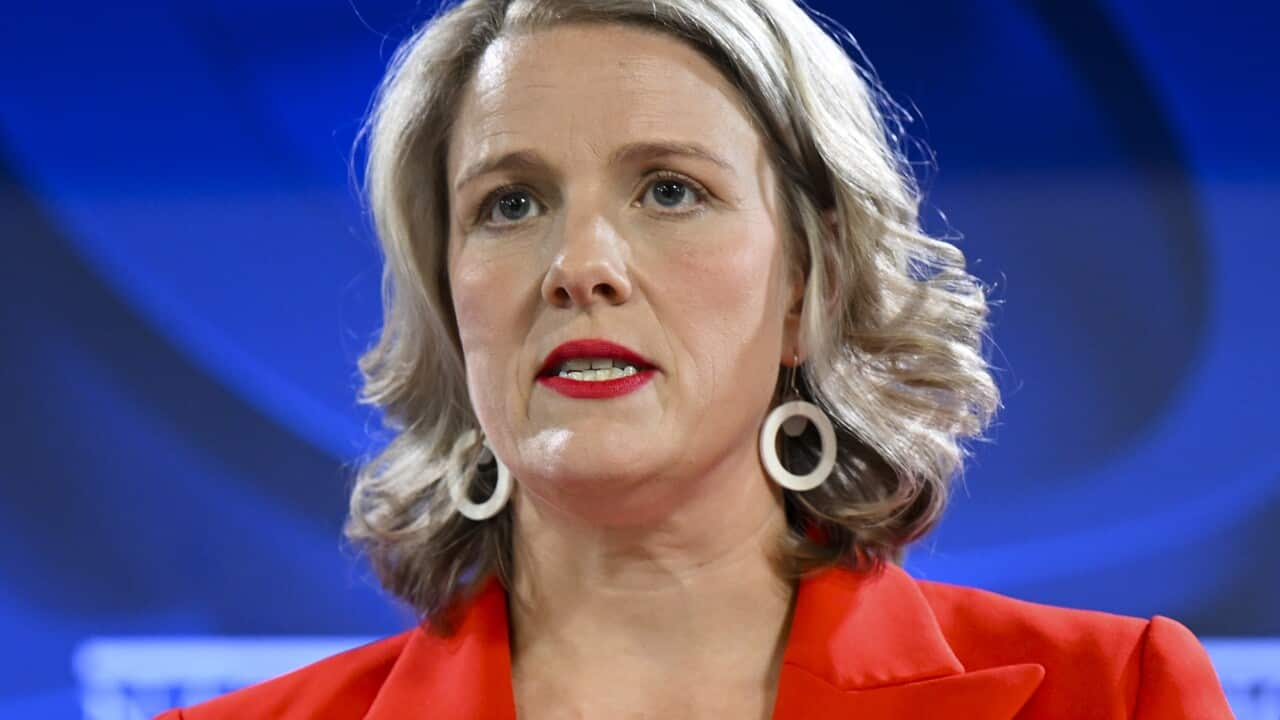Key Points
- An Iranian foreign interference plot was foiled by Australia late last year, according to Home Affairs Minister Clare O'Neil.
- It has been revealed that three extra Iranian nationals held diplomatic visas around the time.
- The Iranian embassy denies any wrongdoing and says Australian government hasn't provided evidence of its involvement
Three additional Iranian citizens had been granted diplomatic visas around the time that a foreign interference plot was uncovered by Australia's national security agencies.
Home Affairs Minister Clare O'Neil says an of Iranian-Australians and their families was foiled late last year.
The Australian authorities have refused to confirm any details concerning the cancellation of diplomatic visas or the names of people involved in the episode.
It has since been revealed that there were 31 Iranian citizens in Australia on diplomatic visas at the start of November, with the number increasing to 34 by December 23.
Yet by the end of February, two weeks after the plot was made public, it was back to 31.
Despite this, AAP is not aware of any suggestion that the three had their visas cancelled.
The Iranian embassy has denied any wrongdoing and said the Australian government hasn't provided evidence to back up the allegations.
Asked whether anyone from the Iranian embassy or affiliated with the Islamic Revolutionary Guard Corps (IRGC) was part of the plot, the government said it didn't comment on operational matters or on individuals due to privacy.
The same response was given in relation to whether there were any known members or affiliates of the IRGC in Australia.
Liberal senator Claire Chandler, who chaired an inquiry into human rights in Iran, said she had been made aware of numerous.
"There is a huge amount of fear and concern in the diaspora community and this is only exacerbated by a refusal by the government to answer reasonable questions," she told AAP.
"The extent of IRGC presence in Australia and whether there was any diplomatic involvement in state-directed foreign interference is exactly the type of information the public is entitled to know about because it affects Australian residents, our democracy and our policy settings."
Senator Chandler, who acts as the opposition's assistant foreign affairs spokeswoman, said she wasn't asking to access operational details, just basic information about an organisation and state-actor identified as an instigator of terrorism and foreign interference globally.
"We were pleased to hear the minister commit to bringing the perpetrators of foreign interference into the light and enabling a frank public conversation," she said
"But those statements are contradicted by the government shutting down every single question about who was involved in a serious incident specifically announced in the media by the minister."












